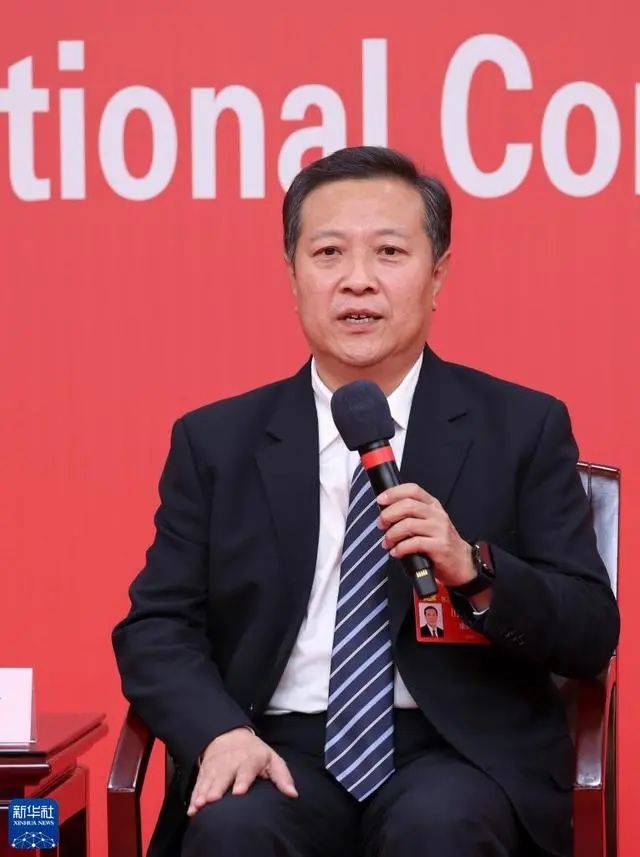Recent report inspires confidence in Hebei's further development


All the 64 delegates from North China's Hebei province who are attending the 20th CPC National Congress have been studying and discussing over the past two days the report delivered to the congress, said Lian Yimin, deputy secretary of the Hebei Provincial Committee of the Communist Party of China, at a media conference on Tuesday afternoon.
When learning and finally comprehending the report, the delegates felt more strength and confidence, he said.
Lian also introduced development situations of Hebei during the conference.
Regarding the coordinated development of the Beijing-Tianjin-Hebei region, Hebei, as he said, has accelerated its development while integrating with Beijing and Tianjin, with the transferring of Beijing's non-capital functions that are not essential to its role as the key task.
So far, more than 40,000 enterprises and institutions from Beijing and Tianjin have resettled in Hebei.
Convenient transport has been placed in the region, including the Beijing-Zhangjiakou High-speed Railway and Beijing-Xiong'an Inter-city Railway.
In Xiong'an New Area, an investment of more than 460 billion yuan ($64 billion) has been made for its development.
The new area was established in 2017 to advance the coordinated development of the Beijing-Tianjin-Hebei region.
The first bunch of transferred functions to Xiong'an include universities, hospitals and State-owned enterprises, such as Sinochem Holdings Co which has started constructing its headquarters in the area.
For ecological and environmental protection, Xiong'an also has made progress.
Baiyangdian Lake in the area, which is northern China's largest freshwater wetland, boasts water quality that has now reached Grade III or better.
Grade V is the worst level in the country's five-tier quality system for surface water.
"For the next step, we will advance the development of Xiong'an through a Chinese path to modernization," Lian said.
Also, the province will develop into a pilot zone for industry transformation and upgrading, while accelerating the development of strategic emerging industries and modern service industries.
The steel production capacity in Hebei has been cut to less than 200 million metric tons from the peak 320 million tons, Lian said.
The urbanization rate of permanent residents in Hebei has reached 61.1 percent.
The province will also be a supporting area for ecological environment in the region, he added.
- Major airport in Guangzhou sees record passenger throughput
- China launches new project to support young scientists
- Big lottery winners in Guangzhou claim prize
- No indication of big earthquake to occur in Ningxia, said officials
- Rural China tackles hefty bride prices to ease marriage burdens
- 8 killed, 15 injured in market fire in North China's Hebei





































